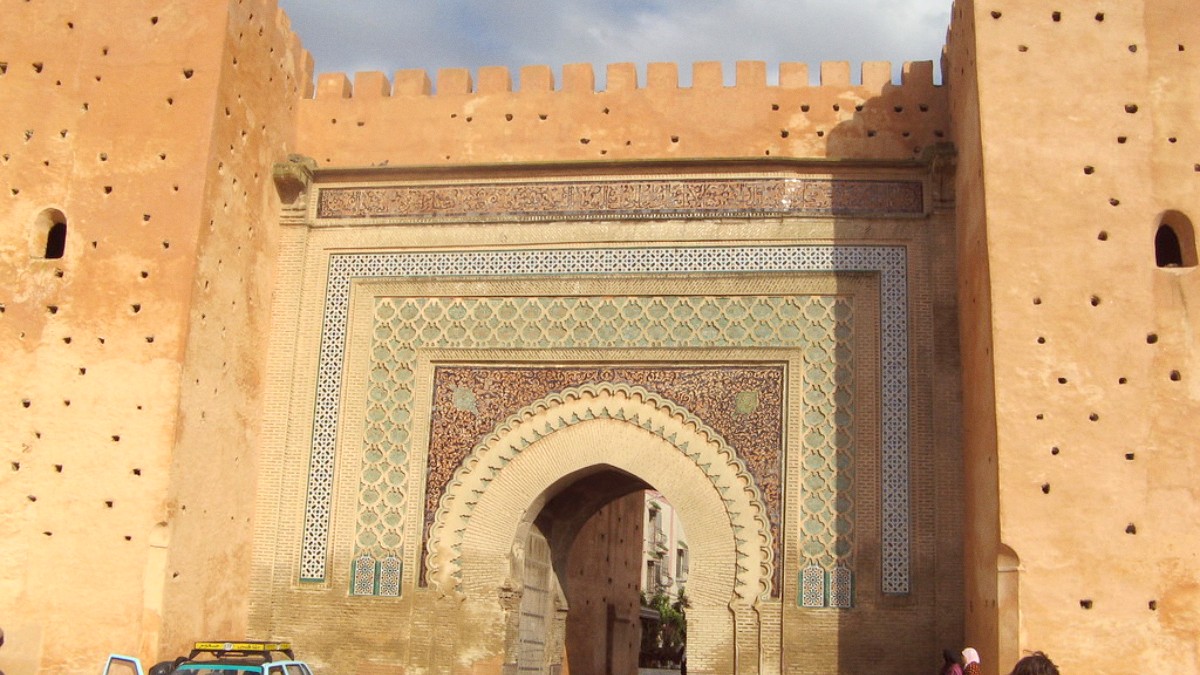
The Mediterranean Coast And The Rif, Morocco
Summer (June - August) brings hot and dry weather. Daytime temperatures frequently go above 35°C (95°F), sometimes exceeding 40°C (104°F). Nights offer little relief. Rain is very rare.
Autumn (September - November) presents a pleasant transition. Days are mild to warm, while nights get cooler. Rainfall starts in October, becoming more common by November.
Spring (March-May) and Autumn (September-October) offer the most comfortable temperatures for walking and outdoor exploration. Landscapes appear lush in spring, and light is great for photos.
Hiking in nearby Atlas foothills or olive groves has pleasant conditions during Spring or early Autumn. Cultural festivals often happen in March or April, aligning with the pleasant spring weather.
June - August
Lowest prices for flights and accommodation. Fewer tourist numbers.
Extreme heat can make daytime sightseeing uncomfortable.
November, February
Fewer crowds. Moderate prices. Pleasant enough weather.
Increased chance of rain. Some smaller attractions may have shorter hours.
March - May, Sep - Oct
Ideal weather for sightseeing and outdoor activities. Lush landscapes.
Higher prices for lodging and flights. More visitors at popular places.
Meknes does not experience monsoons or hurricanes. However, extreme heat in summer, with temperatures often above 40°C (104°F), marks a significant factor.
High temperatures can make daytime outdoor activities difficult. Plan by staying hydrated, finding shade, and scheduling activities for early mornings and late afternoons.
Hard to spend extended periods outdoors during midday.
Nights get cold, and rain is more likely. Some traditional riads might lack heating.
Book lodging and train tickets in advance during high season.
During summer, many locals may be on holiday, leading to some business closures.
Frost occurs rarely, but nighttime lows can drop.
Most visitors find the entry process straightforward.
Morocco maintains visa-free agreements with many countries for tourism stays. This includes citizens of the United States, Canada, EU member states, Australia, New Zealand, and Japan, typically for stays up to 90 days.
Carry specific documents to present upon arrival to immigration officials.
Morocco presents good value for money compared to many Western destinations, but costs vary widely with your travel style.
Morocco is generally a safe country for tourists, but awareness and preparation are always recommended.
Traveler's Diarrhea is the most common health concern. Stay hydrated, drink only bottled water, avoid ice unless purified, and eat only well-cooked food.
Heat exhaustion or stroke is a concern in hot summer months. Seek shade, wear light clothing and a hat, and avoid strenuous activity midday.
Tap water in Meknes is generally not safe for tourist consumption. Always opt for bottled water, widely available.
Purchase large bottles from supermarkets for better value and less waste.
Avoid ice in drinks unless you confirm it is made from purified water.
Choose eateries that appear clean and have a high customer turnover, signaling freshness. Make certain all food is thoroughly cooked and served hot.
Select street food vendors who cook fresh in front of you and keep a clean stall.
Avoid unpeeled fruits and raw vegetables that might have tap water contact.
Meknes is generally safe. Violent crime against tourists is rare. Petty theft (pickpocketing) can occur in crowded areas like the medina and souks. Scams, often from touts, also happen.
Keep valuables secure and out of sight. Politely but firmly decline unwanted guide services.
Avoid walking alone at night in poorly lit medina alleys; use main routes or taxis.
| Service | Availability in Meknes | Notes |
|---|---|---|
| Hospitals | Public & Private clinics | Private options offer better care, but call for upfront payment. |
| Pharmacies | Easily found (green cross sign) | Pharmacists give advice for minor issues; many medications available without prescription. |
| Emergency Numbers | Police: 19 (landline), 112 (mobile); Fire/Ambulance: 15 | Keep these numbers saved; know your embassy contact. |